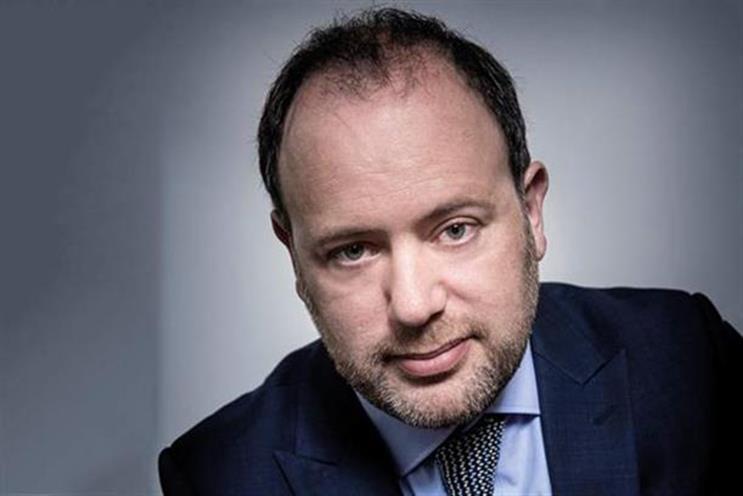Enough of the doom about looming Brexit and regulating social media and the future of the agency model.
It is springtime for the media industry and there are green shoots bursting out across the landscape. Mobile technology and ecommerce mean there has never been a better time to found and grow a business, despite the global economic uncertainty.
Digital disruptors are changing practically every category – and they are using marketing, media and data to build their brands and accelerate growth. Online brands increased adspend with ITV by 10% last year, more than offsetting the decline in revenues from legacy advertisers. Amazon is closing in on Procter & Gamble and Unilever as the world’s biggest advertiser after hiking its spend, including a huge chunk on TV, by 30% to $8.2bn (£6.2bn) in 2018.
Some smart advertising people, including WPP chief executive Mark Read, say we should stop using the word "digital" because it has led to siloed thinking when it should pervade everything. But the digital revolution has so much further to run.
Many sectors and companies have barely got started when it comes to harnessing the power of technology. Imagine how different retail and transport and financial services and education and healthcare will be in a generation’s time.
Few sectors have been disrupted more than media, so there is less to fear from trying something new as Brexit looms. The UK media industry should welcome green shoots wherever they sprout.
The BBC and ITV are collaborating on BritBox, a subscription video platform for British content – a once unthinkable alliance that has logic in the age of the US streaming giants.
The Guardian is poised to break even for the first time in ages when its financial year ends at the start of April, thanks to its online reader donation model that has attracted more than one million contributors.
French-owned Publicis Media is in the process of moving all of its UK agencies from five offices into a new London headquarters in White City in a vote of confidence in British creative industries.
Global is shaking up out of home with its triple M&A play, even if the regulator is scrutinising the Exterion Media acquisition.
Goodstuff Communications, which has been growing on the strength of an ecommerce-dominated client list, is giving up to £1m support to back two agency start-ups, Love Sugar Science in Manchester and Sixteenbynine in London.
Everyone knows that not every new initiative or brainwave will succeed but now is the time to give it a try.
Change brings energy and fresh thinking – something that brands desperately need as they struggle with disruption. In an interview with 北京赛车pk10 about bringing digital media buying in-house, Sara de Martins Oliveira, the global director of brand and media at Vodafone, expresses her "frustration" that her existing agency roster isn’t delivering.
"Where is my really digital creative, optimised at scale, done in an agile, very fast way? I don’t have an answer yet from an agency," Oliveira says, explaining why she has turned to start-ups Vidsy and Spirable for recent video campaigns.
Brands will always need support and consulting from external partners, which means there will still be demand for agencies that are relevant and progressive and think creatively. Many of the founders of the new breed of digital agencies that are shaking up media and marketing don’t have an agency background.
The founders of Essence and Oliver came from financial services. Former Googlers founded Brainlabs and MightyHive. A group of Amazon veterans set up US ecommerce hotshop Stackline.
More agency founders will come from the tech giants and it should be good for the ad industry because future growth is going to come from understanding and embracing technology, not just using it.
As Andrew Shebbeare, a co-founder of Essence, Google’s media agency, says: "The machines are part of our team." With a growth mindset, we can see green shoots all around us.



